I've been thinking about lately about the trouble with friendship today. We have a generation that craves community but doesn't know how to find it. The reasons for that are myriad, of course, but I think TV shows must carry at least part of the blame.
One, in particular comes to mind: Friends.
I know, I know. I'm attacking a beloved sitcom. And, despite the promiscuity and secular worldviews (which were hard to overlook), I have to admit that I did enjoy it back in the day. But I think we can all agree that it wasn't a particularly realistic look at adult friendship. (And boy, I have another post in draft about some of the wrong lessons it taught. But we'll save that for another day.)
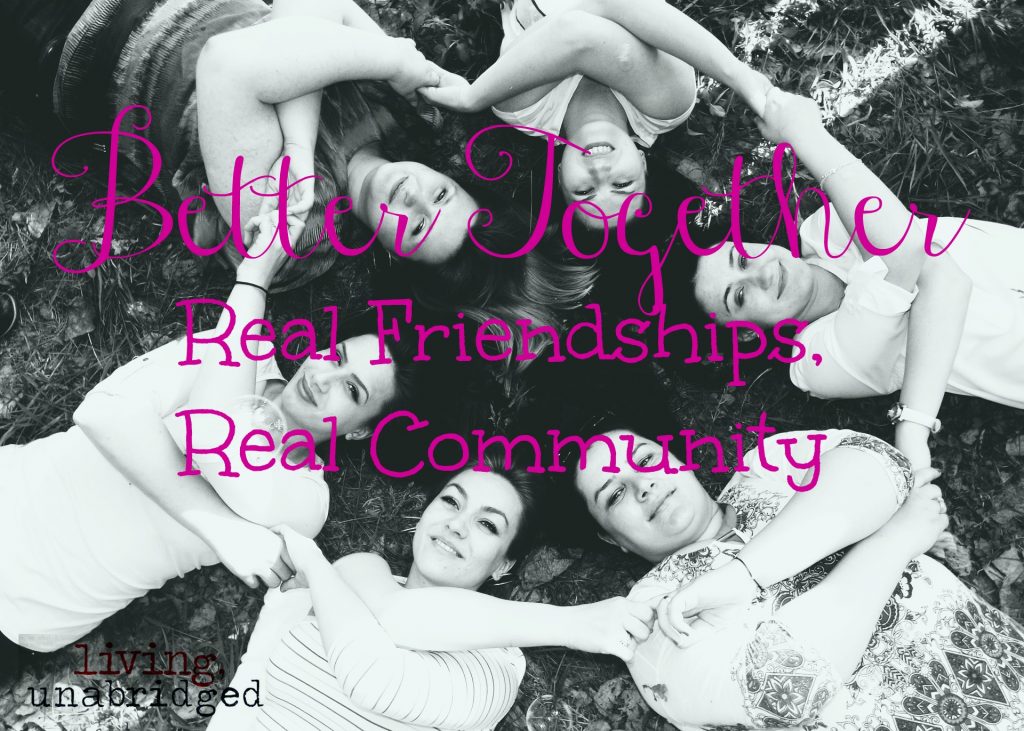 So, anyway. People are made for community. We want what we see on TV or in movies. We crave meaningful relationships.
So, anyway. People are made for community. We want what we see on TV or in movies. We crave meaningful relationships.
And then we arrive in adulthood and friendship turns out to be...complicated. Downright difficult in some cases. What's the deal?
The authors of "Better Together" (mother-daughter writing team Jill Savage and Anne McClane) are not two women who just naturally had scores of deep, meaningful relationships. Jill confesses:
I'm a late bloomer when it comes to female relationships. (p.9)
So, right there in the first chapter I knew I was going to appreciate this book. Because I am too. I didn't need to read a story about some deep and abiding BFF relationship that she had her entire life. That ship has sailed for me. I need practical advice and wisdom on how to develop relationships with women NOW.
I'm just going to spoil it and tell you: Better Together delivers that.
First they deal with why we have to work at this:
Because our mothering community is no longer found naturally within extended family relationships, we have to pursue, discover, and assemble it ourselves. (p. 14)
Now, I am fortunate to live close to many family members. And I am blessed to count my sisters my closest friends. But I still need to know how to "pursue, discover, and assemble" a mothering community for myself. Why?
...because we're stronger, wiser, and even healthier when we have a mom community around us. (p.14)
Why do we need a community and not just one female that we bond with?
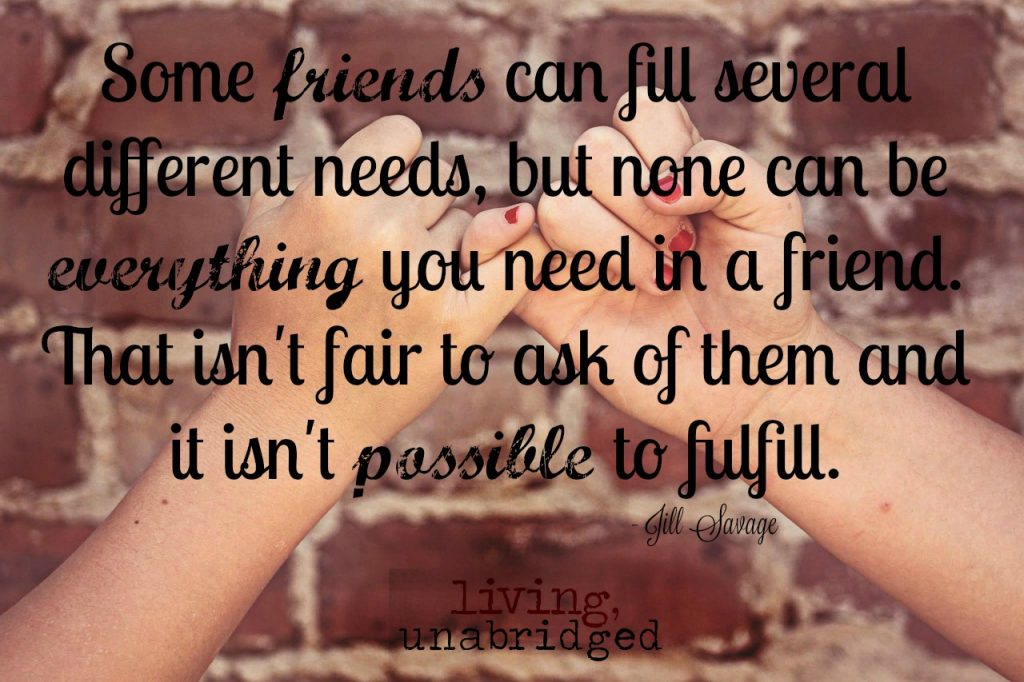
Savage and McClane deal with what they call the "Alphabet of Friends". (pp 29-30) I appreciate these distinctions, and the permission to have friends at different levels of relationship. (Even if I really wish they'd deep-six the old "BFF" designation. I think that terminology needs to phase out if you're over the age of sixteen, but that's probably just me.)
Better Together: Making Friends Can Be Hard
Savage and McClane do not make the process sound easier than it is. And they acknowledge
Actively pursuing feels risky, but passively waiting feels lonely. (p. 39)
It's risky to put ourselves out there and be vulnerable in new relationships. But the alternative isn't great either.
Better Together: Being Vulnerable isn't Simple
I have concerns with the concept that we should be 100% open with our stories all the time. (See some of those thoughts here: On Vulnerability) Savage and McClane deal with that too. This advice resonated with me:
If your story is leaking out in ways that are not relationally helpful, take the next step into healing and hope. Contact a friend, a pastor, or a counselor to help you unpack your story. (p. 152)
Some things that hinder relationships need to be dealt with professionally. There is no shame in that. Friendship is wonderful but it isn't a cure all for everything bad that ever happened in our lives.
Better Together: True Friendship is Work
OK, I admit it, sometimes I've thought, "This shouldn't be this hard." Maybe I've compared to someone else's relationships. Maybe I've envied those people that have had the same "Best Friend" since grade school. Maybe relationships are just a little bit harder for me, due to personality or other reasons. But I found this line incredibly affirming:
Friendships are neither simple nor effortless. They require us to dig deep and work hard to create relationships that go the distance. (p. 173)
Maybe some things are hard because they're valuable. Because they're worthy of effort.
Savage and McClane offer some practical advice about the work required (including some wisdom concerning ending certain relationships and how to do that well too). And then they remind us:
Some friendships are lifetime connections while others are given to us for a season. (p. 178)
There were a few points that I wish had been made, or made more extensive. I appreciate the emphasis on "Mom Community", but I wish a bit more had been said about developing relationships with people who are different, including women in different stages of life, or non-mothers. I have some relationships like this for which I am deeply thankful. (There is a bit about friendship with non-moms on pp 130-132, but I felt more could have been said on the subject.)
It's wonderfully refreshing to make friends with women where you have much in common (which is one reason I love our homeschool co-op), but there is also great value in friendships with differences. (I have to wonder if politics would be quite as polarizing in the U.S. if we just had more friends who are inclined to vote differently than we are...)
So, you faithful Living Unabridged readers, thank you for being part of my community. I am grateful for each of you, and especially those of you I've had the chance to meet in person. I pray that what I write here, in some small way, helps enrich your "mom community" too. (And if we ever have the chance to meet up, let's do it!)
If you're looking for wisdom about other ways to cultivate some great relationships, I highly recommend Better Together to you. It's a quick read but it's packed with insight. It's one of those books I wish I could give to every woman I know. I think we'd all be the better for it. (No pun intended.)
(Since I can't give each of you a copy, it's available at Amazon. The Kindle edition is less than $10!)
I received a copy of this book from Moody Publishers Blogger Review Program. All opinions are my own and I was not required to write a positive review.
Linking up with:




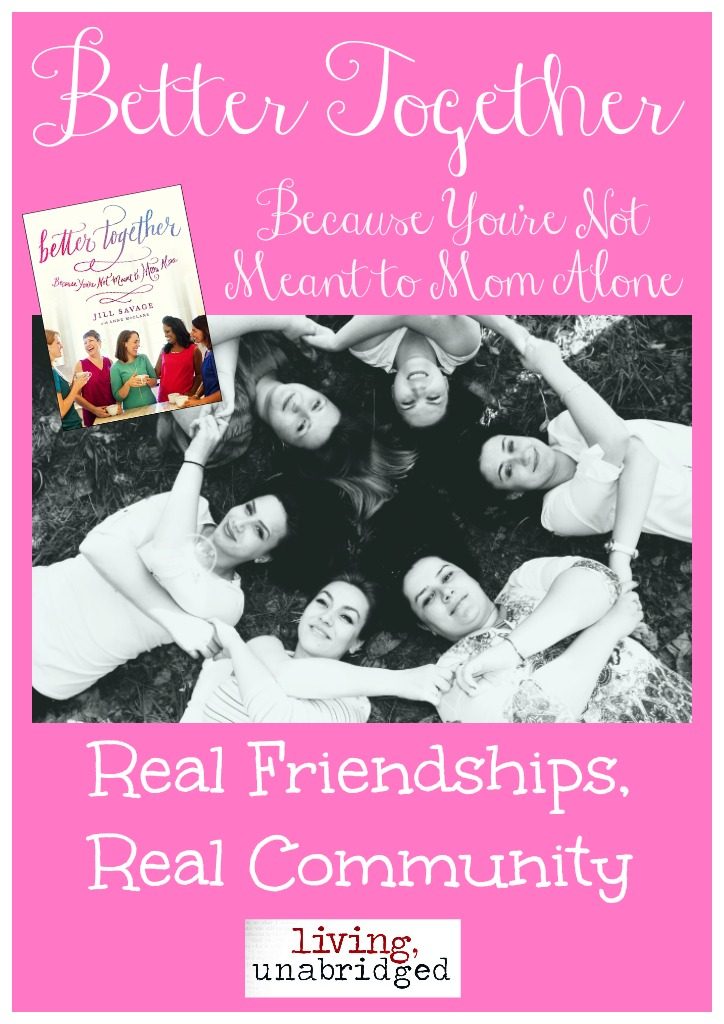
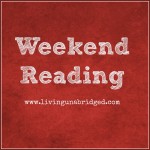


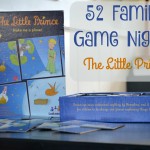
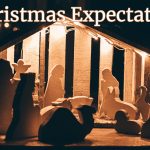

Your blog has been a bright spot on the web for me. My friend/sis-in-law and I have used the links page as a starting spot for lots of interesting conversations. :-) And I am very thankful to call you my friend. I love that even though our initials (you are an INTJ and I'm an E..... something) are mostly different, it's ok. In fact, it can make things even more interesting.
This sounds good. As a fellow INTJ and a military wife, I find it very difficult to make friends. I just want to be home, mostly, with my people...but then when I decide I need a friend, I'm sort of shocked to discover I don't have any! We're scheduled to move again at the end of the year, which I guess makes me reflect on what I should have done differently in this city, and what I ought to do in our next home. I've put this book on my TBR list; thanks for the recommendation!
I've been following you on IG for a bit and finally came over to subscribe.